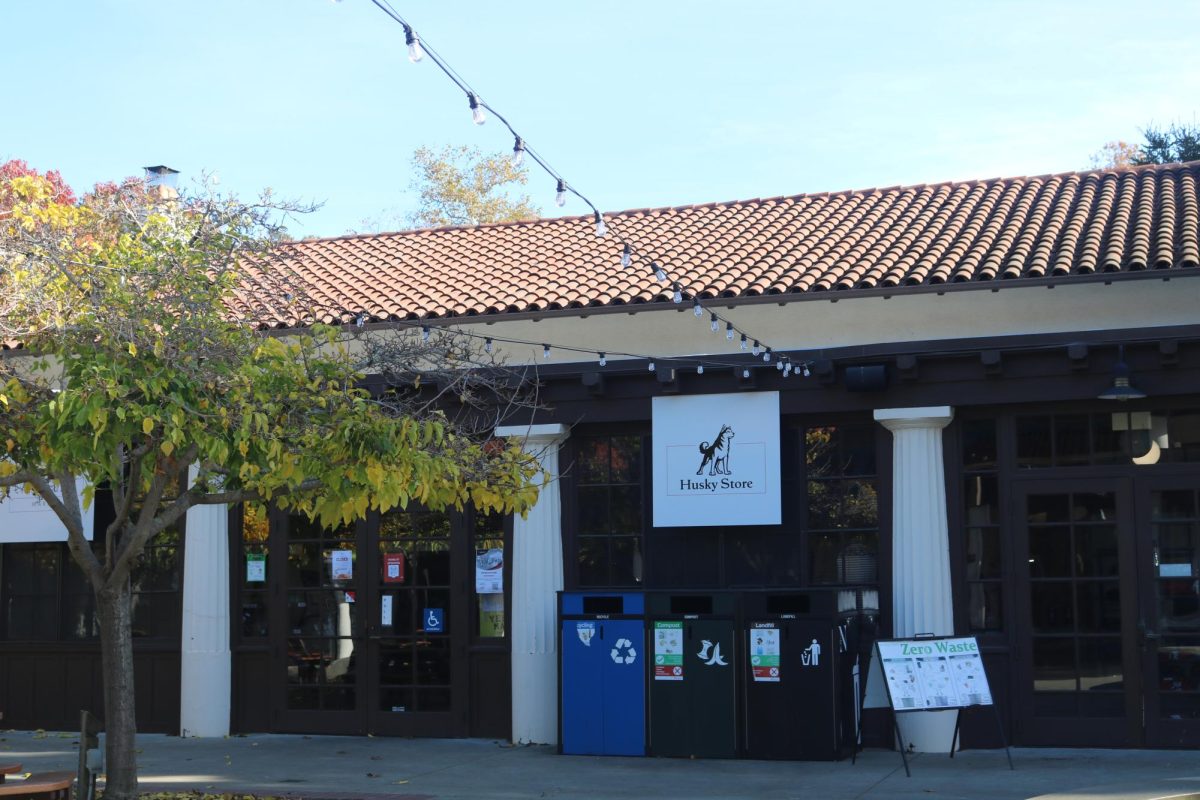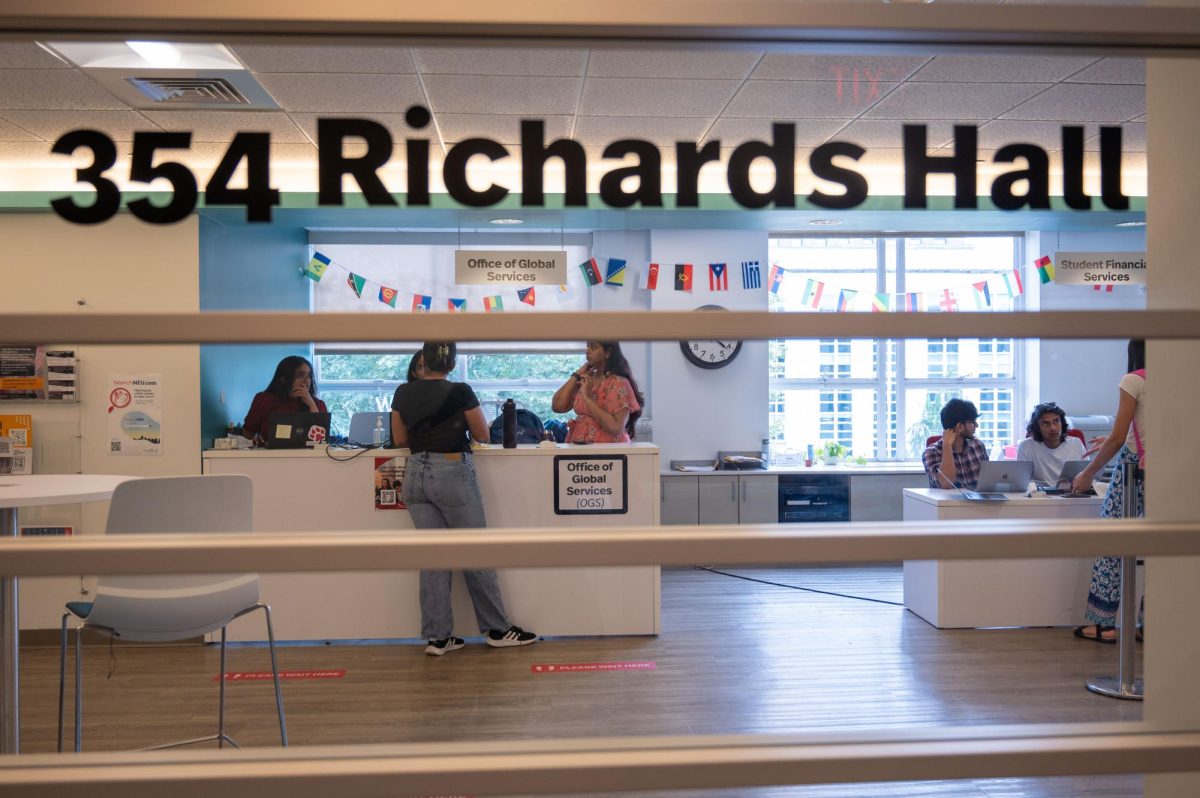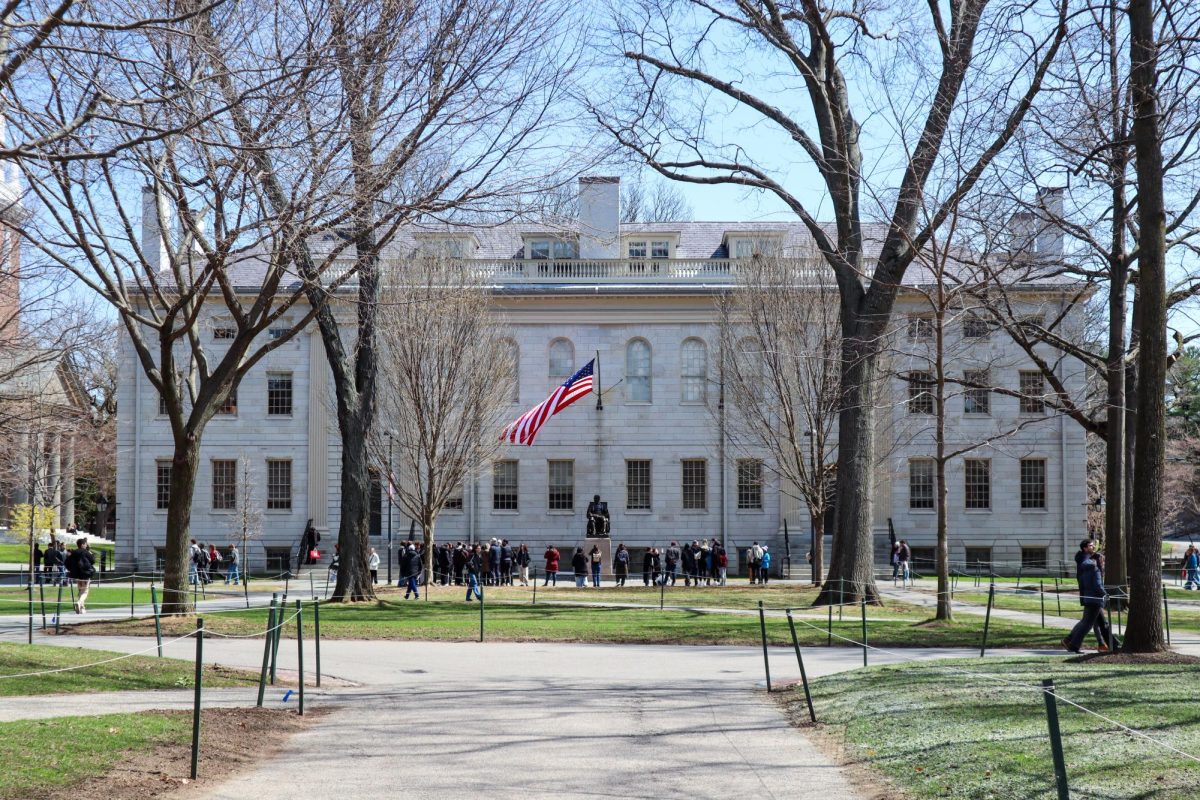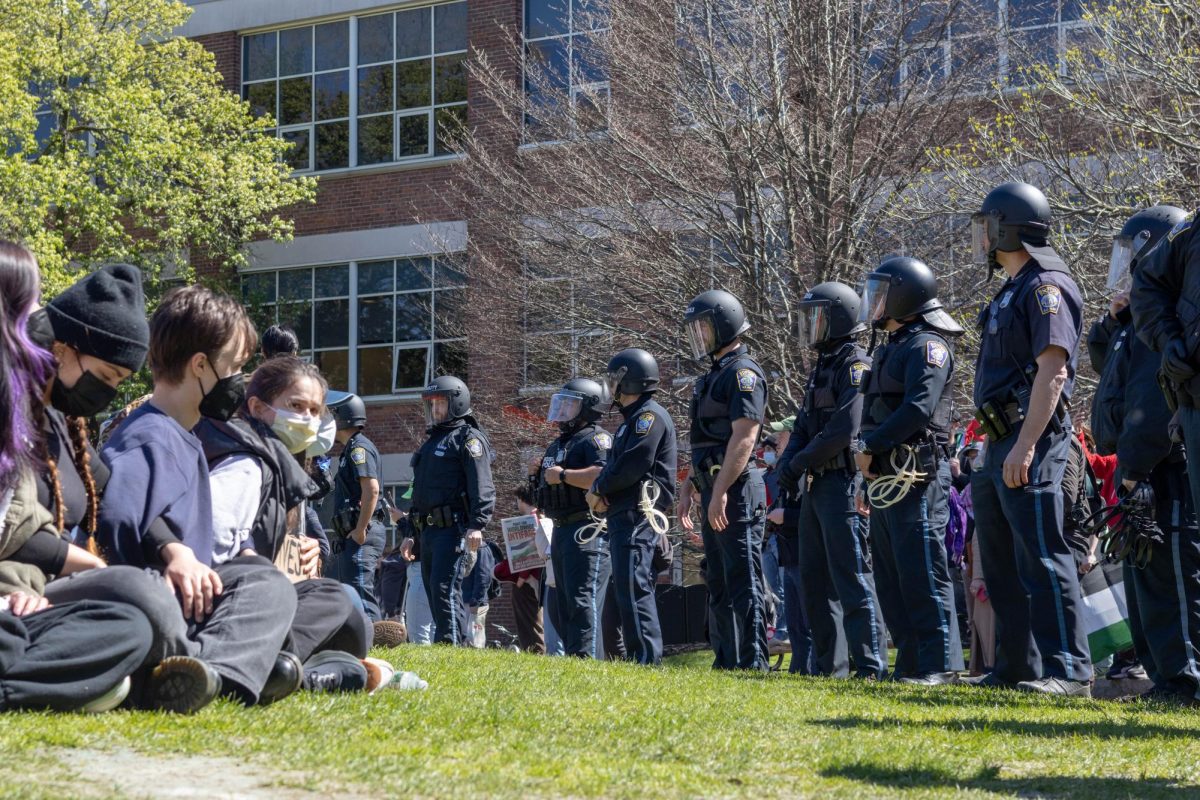From the moment I first stepped onto Northeastern University’s Oakland campus in 2023, it was clear something was deeply amiss.
Official information from the university on their Oakland campus was sparse and difficult to access, with no dedicated pages on Northeastern’s sprawling website and limited guides or resources readily available online. All I could find was a trail of news about the Mills College merger and the student protests it sparked.
There were Zoom webinars about the Oakland campus featuring former NU Bound students, but they offered little more than a bare-bones overview of available majors. Without a reliable institutional roadmap, new students like myself were essentially left to self-organize, relying on scattered group chats between students that quickly devolved into chaos and confusion.
Meanwhile, we were also hit with a slew of unfamiliar fees during our first year, including the Oakland Campus Comprehensive Fee ($636.50), the Oakland Student Activities Fee ($100.00) and the Oakland AC Transit Fee ($71.00). Additionally, we had to pay the Student Tuition Recovery Fund Fee ($635.00) for all four years upfront, instead of on a yearly basis, which left many of us confused.
Northeastern provided little clarity on any of these charges, and on top of that, our housing was delayed for an entire month — supposedly due to renovations in older dorms, though no official explanation was ever given. All of this happened in the summer before our arrival, when university advisers were unavailable for meetings.
To help students deal with the same unease I was feeling, I had built a Notion page to help incoming students figure out how to register for classes, navigate housing and make sense of these unexpected fees that the university never bothered to clarify.
The first semester at Northeastern Oakland was, in no uncertain terms, a disaster.
The student life infrastructure was inadequate and disorganized. Our academic advisers knew very little more than we did — they often relied on Google searches for information and offered little substantive help. Communication between the student body and the administration was virtually nonexistent. Frustration built, and it became apparent that if students wanted solutions, we would have to forge them ourselves.
As a student leader, I took initiative. After joining the student government, I founded or led several student organizations on our Oakland campus: Entrepreneurs Club, PawHacks and the Chinese Student Association. For a moment, it felt like progress was possible. The Student Government Association Oakland connected with the Boston campus’ Student Government Association, or SGA, and Oakland student life team members, hoping to address the glaring issues of academic challenges, lack of communication with the administration and general disarray of student life.
One of the biggest disappointments — and one that truly underscores Northeastern’s failure to integrate its global campuses — is how student life is managed in Oakland. On paper, starting a student-run club here is laughably easy: One would need to find two co-founders, secure a faculty adviser, draft a constitution and a new club was essentially guaranteed approval.
In comparison, starting a club in Boston is a much more involved process, often taking at least one to two semesters. While the basic requirements are similar, Boston enforces more rigorous application steps, which can be a barrier but also ensures that only well-thought-out, sustainable clubs are launched.
Last year, about 40 clubs sprang into existence this way. But simplicity doesn’t translate to sustainability. Out of those 42, only about seven could truly be considered active, hosting maybe one event every two weeks. This year, the story is much the same: around 40 new clubs formed, yet barely any show real, ongoing action. There’s no infrastructure to foster growth, no continuous support and no strategic plan to help clubs thrive after they’ve been rubber-stamped into existence.
Frequent staff changes were a significant factor contributing to these challenges, creating instability and confusion. During the fall semester, just weeks after the Oakland student government was established, our faculty adviser — who also served as the director of the Center for Leadership — stepped down. Surprisingly, it seemed that much of the student life team also left around the same time. This constant reshuffling of staff left the student government disorganized and unable to function effectively.
The lack of continuity and leadership in student life administration made it nearly impossible to sustain a vibrant campus community. Clubs floundered, student government lacked structure and students who had come with enthusiasm and ideas quickly became disillusioned.
Moving forward, I hope the university can prioritize supporting student organizations and creating a sustainable foundation for student life. It’s heartbreaking to see the clubs I helped start in Oakland not performing as well as they could. These organizations were meant to bring students together, spark innovation and create a sense of belonging — yet they’ve struggled to maintain momentum due to a lack of guidance and resources. Student organizations are the heart of campus life, and it’s critical that Northeastern invests in their success if it wants Oakland to thrive.
Despite the setbacks, I genuinely believe that Northeastern’s Oakland campus has the potential to be a great hub for students. There’s so much opportunity here, and I’ve learned a great deal from my time at Oakland. In particular, I love what the D’Amore-McKim School of Business is doing with its new mobility program in both Oakland and London. These programs show the promise of what Oakland could be — a global, connected community with incredible academic and professional opportunities. Still, I can’t help but feel that the university needs to pay more attention to the ongoing issues that are stifling this potential. Without addressing these foundational problems, the campus will struggle to live up to the promise it holds.
One would think Northeastern’s push for the “global network” they strive for would mean a seamless system of support, resource-sharing and cooperation between campuses. Instead, we got the opposite.
The “Global Club Pairing Program,” touted as a major Boston SGA achievement, was little more than a superficial matching exercise — a name on a list, no guidance on fostering meaningful collaboration. The Global Experience Committee, tasked with improving these connections, hasn’t updated its meeting minutes in ages, leaving concerned students like me to wonder if anyone is even paying attention.
The ongoing organizational failures are not just a reflection of Oakland’s struggles; they undermine the entire vision Northeastern has for its global campuses. Even after a full year, the Oakland leadership still can’t figure out the basics of funding student organizations — something that should be the lifeblood of any vibrant campus community. With each visit back to Oakland, the emptiness is palpable. The energy and excitement that could have fueled a thriving student life are nowhere to be found.
To be fair, there are bright spots. Some academic departments, like the D’Amore-McKim School of Business and the Khoury College of Computer Sciences, alongside the entrepreneurship staff and faculty, have stepped up. They’ve offered invaluable support, mentorship and resources to student leaders — doing what student life administration either can’t or won’t. But patches of competence can’t fix a fundamentally broken system.
So, would I recommend attending Northeastern’s Oakland campus today? Sadly, no.
The reason I once encouraged prospective students to choose Oakland was the promise of robust student organizations, leadership opportunities and a dynamic community outside the classroom. Instead, they’ll find a tangle of inefficiencies and a lack of guidance that stifles their ambitions. This is not the Northeastern I signed up for. For a university that prides itself on experiential learning and global reach, the failure to integrate and support its satellite campuses’ student life is not just a misstep — it’s a betrayal of the very values Northeastern claims to uphold.
Rich Zou is a second year business administration major. He can be reached at zou.ri@northeastern.edu
The Huntington News is dedicated to serving the Northeastern University community with original, professional reporting and creating an environment in which student journalists can learn from one another. Support an independent, free press at Northeastern University with your donation today.
















